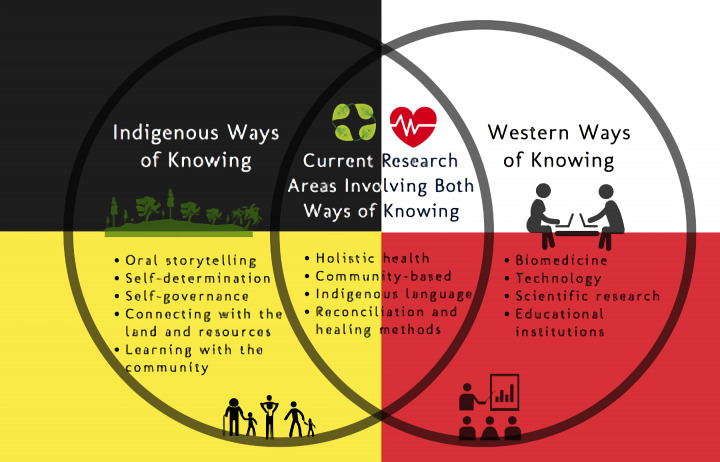Introduction
Land Acknowledgement
We would like to acknowledge that we are on this land known as Treaty 6 territory and the Métis Nation of Alberta Region 4. We recognize this as the traditional and contemporary home for many First Nations, Métis, and Inuit Peoples. We want to be intentional in considering the values, beliefs, and teachings of the First Nations and Métis Peoples upon whose traditional territory we live and work. We feel it especially important to weave Indigenous perspectives and acknowledgement into this book due to the ongoing impacts of colonization and residential schools that caused deep pain and terrible injustice to Indigenous Peoples across the country. The process of learning and engaging in this book will hopefully contribute more awareness of the values and intention of reconciliation and decolonization
Preface
This open educational resource (OER) came about through collaboration from the Community Support Worker team at NorQuest College. As a team, we wanted to develop an all-encompassing resource for students in the Community Support Worker program that includes theory and elements of practice.
Four specializations make up the core of this program: Disability, older adults, Indigenous Peoples, and newcomers. As the Community Support Worker program explores working within diverse communities, particularly communities that have experienced marginalization, we need to acknowledge the impact of colonization, systemic barriers, trauma, poverty, discrimination, addiction, and involvement in the criminal justice system that many of these communities and community members face.
This book presents the helping skills required to work effectively and meaningfully with a diverse range of clients. Focusing on knowledge of social issues, compassion and empathy, interpersonal communication skills, self-awareness, and critical thinking helps to develop an understanding of tolerance and advocacy as a helper in the human services field. We hope this book provides a foundation for students new to the field as well as enhancing the approach to helping for those already working in the field. At the end of each chapter you will find both a scenario and a case scenario to test your learning and challenge your perspective. At the end of the textbook, you will find additional resources, including one scenario, three case scenarios, and fifteen practice questions for each chapter.
This book discusses key helping skills and showcases how to put those skills into practice with clients to provide solutions and knowledge of available resources. These skills are explained through theory, and we highlight the key social issues and barriers faced by clients. We include a section on trauma, intergenerational trauma, and becoming a trauma informed practitioner, which is important when working with clients. This book provides a free resource for students to become well-informed on the role and practice of a community support worker, to develop knowledge in areas of potential employment, and to instill the inner self-awareness, reflection, and critical thinking skills necessary to provide the best possible service.
Mi’Kmaq Elder Albert Marshall coined the phrase etuaptmumk “Two-Eyed Seeing” that is used worldwide. This refers to “learning to see from one eye with the strengths of Indigenous knowledges and ways of knowing, and from the other eye with the strengths of Western knowledges and ways of knowing… and learning to use both eyes together, for the benefit of all” (Institute for Integrative Science & Health, n.d.).

We hope you enjoy the book and gain valuable insights, skills, and new perspectives on the topics discussed.
References
Institute for Integrative Science & Health. (n.d.). Two-Eyed Seeing. http://www.integrativescience.ca/Principles/TwoEyedSeeing/
Image Credit
Figure 1: Two-eyed seeing by Henry Lai under the guidance of Dr. Rosalin Miles, University of British Columbia. CC BY-SA 4.0.

